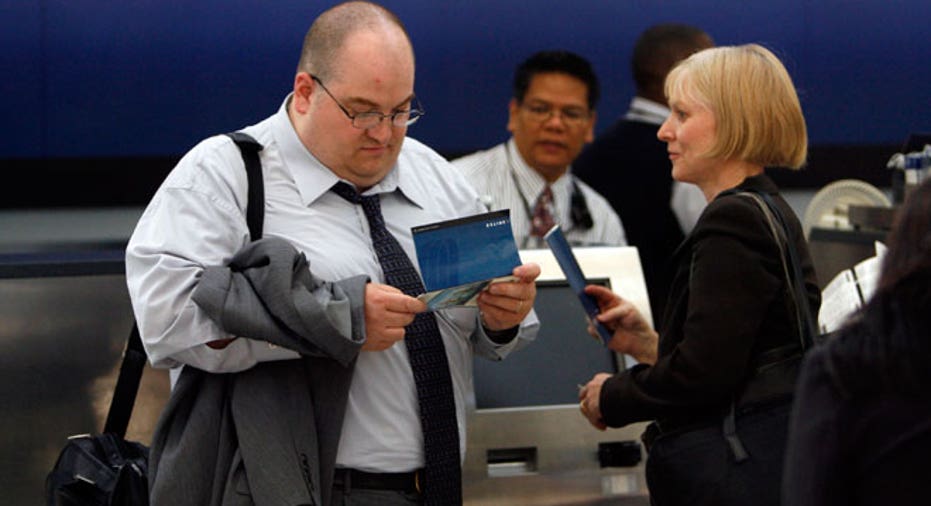Financial Tips for Boomers Looking to Retire Abroad

As baby boomers continue to redefine retirement, many are looking to settle abroad to launch the next chapter in their life.
Whether you are seeking a warmer climate, better tax advantages or more adventure, financial planners say retiring to a foreign land can present a number of financial challenges.
To help create a retirement guidebook for boomers looking to leave the country to live out their golden years, I spoke with Michael Ward, CEO of USForex - North America and Europe, who detailed how retirees can preserve their income and avoid losing money when living abroad. Here’s what he had to say:
Boomer: How can baby boomers retiring abroad avoid transferred retirement funds being hit by exorbitant bank fees?
Ward: The good thing for anyone looking to transfer money overseas is that there are plenty of providers to choose from. Among these, many low-cost options from reliable non-bank providers are available to convert your U.S. dollars into foreign currency.
The exchange rate for your transfer can and does vary between providers, so be sure to compare the total cost of your international money transfer. Make sure to ask providers beforehand for the "customer rate" and their fees so you can identify the best pricing options for your budget.
Also, ask if you can lock in a binding exchange rate today for a future transfer. If the exchange rate is in your favor that month, the binding exchange rate may save you a little extra.
Finally, it’s important to find out how the funds will be transferred. International wires will have intermediary banks take out their respective fees. Retirees should aim to use a provider that has domestic payment capabilities.
Boomer: What are some alternative means of currency exchange?
Ward: The money transfer space has undergone some rapid developments in recent years. Nowadays, international transfers can be done at home, online or over the phone. Non-bank providers offer the best alternatives, charging lower fees and providing better exchange rates. Make sure you select a provider with a strong global presence, good reviews and, if possible, an infrastructure that avoids inconveniences such as lining up at the bank or sending cash for pickup.
Boomer: Can you identify what steps retirees need to take to preserve most of their retirement income when living abroad?
Ward: First, retirees need to figure out what their lifestyle is going to cost them on a monthly basis and then build in a buffer. Often, there are unanticipated recurring costs, like real estate maintenance fees or escalations in property taxes, which must be taken into account.
Next, if they have an account in the US, they need to speak with a currency volatility expert. Anticipating swings in currency exchange rates can save retirees thousands of dollars per year.
Finally, retirees must be flexible in the way they transfer money from the US abroad, meaning if the exchange rate is in the retiree’s favor in a particular month, they should consider transferring more than normal for that month or lock in the day’s rate for a future dated transfer. It could end up saving them a considerable amount of money.
Boomer: How do boomers learn about limit orders on the currency exchange?
Ward: Although no one can call the market with 100% accuracy, retirees can place market orders to take advantage of currency fluctuations or to get protection. In essence, this allows them to set a target and then place an order to lock in the targeted exchange rate automatically, any time of the day or night without the need to watch the market themselves. It’s always best to have a plan for monthly/annual requirements and set some targets. It’s also important for retirees to work with a provider to assess their best options.
Boomer: Any other tips you can offer baby boomers on risk management and currency rates abroad?
Ward: Locking in a rate for a future transfer is a good form of risk management. Currency rates can be very volatile and thinking about using some risk management tools to secure an exchange rate today for a future transfer (i.e., Forward Exchange Contract) can help protect retirees from adverse currency movements.



















